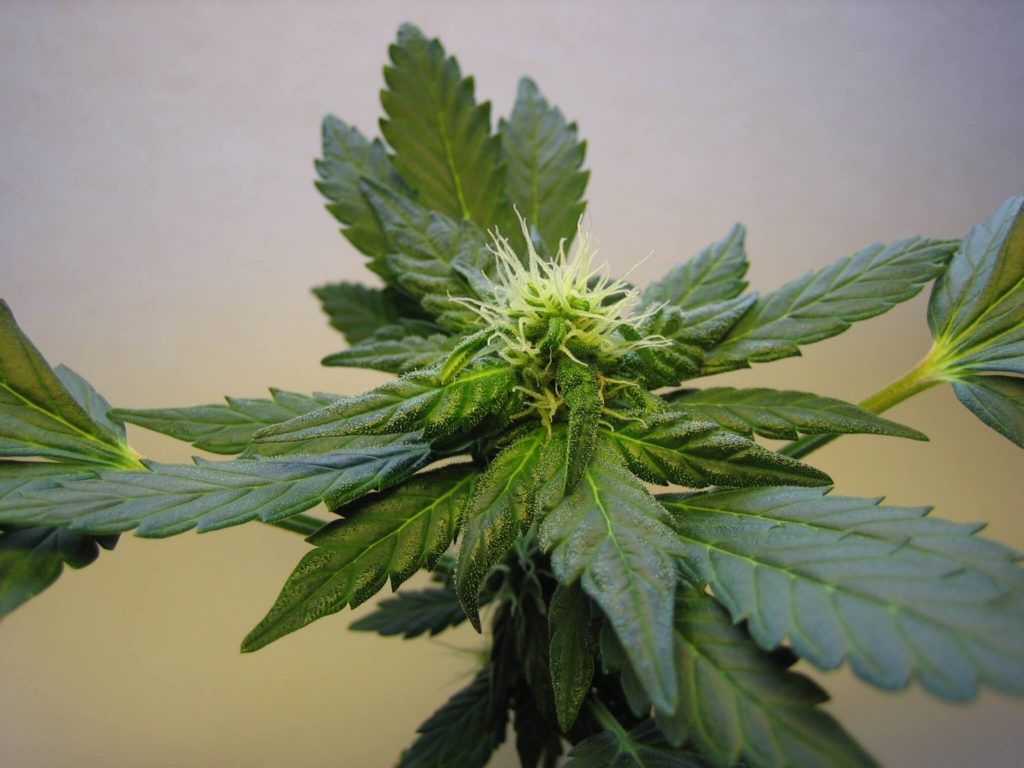Marijuana is finally gaining worldwide attention for its medicinal properties. More and more research has been going on to discover its effects on a variety of diseases.
One of these studies focuses on the effects of marijuana on Alzheimer’s disease. As more and more of the population in America reaches their golden years, there is a rapid rise of people diagnosed with Alzheimer’s. Alzheimer’s disease is a disease of the brain where it causes the death of brain cells leading to memory loss and the inability to carry out even the simplest of tasks. According to the Center for Disease Control and Prevention (CDC), it is the fifth leading cause of death in the United States.
Research has found that the psychoactive component of marijuana, THC, removes toxic plaque, or beta-amyloid proteins, in the brain. It also slows down the production of this plaque. The accumulation of this plaque leads to nerve cell damage in the brain thus is a key factor in the development of Alzheimer’s disease. Therefore, marijuana is promising as a both a cure and prevention for Alzheimer’s disease.
Another active compound in marijuana, CBD, was also found to inhibit cell death. It has neuroprotective, anti-oxidative, and anti-apoptotic properties that protect the brain cells from dying due to plaque build-up. One of the advantages of CBD on THC is that it’s non-psychoactive. Therefore, its isolation as an effective drug for Alzheimer’s will not induce any behavioural changes caused by the use of marijuana in its pure form.
Marijuana was also found to stimulate cell growth in the brain. Its active components have been researched to repair the damaged cells in the hippocampus, a part of the brain responsible for memory.
There are not a lot of treatment options available for Alzheimer’s, and many are hoping that marijuana may be the answer. Several studies show that people with Alzheimer’s who have taken the drug, as a whole, reported an alleviation of their symptoms. They reported feeling less delusional, agitated or aggressive. They also helped them eat and sleep better. The drug helps patients lead happier and more functional lives. And while many researchers agree and are pleased with its therapeutic effects on patients, there is still much to be known if the drug can be used as a prevention and cure for Alzheimer’s.
As with most research on marijuana, a lot of studies still have to be done to conclude its effects on Alzheimer’s patients. Because Alzheimer’s disease is a disease of the brain, it is very difficult to find anything with regard to a conclusive treatment.
Marijuana is still a very controversial topic in the medical world in spite of the many studies that prove its medical benefits. The regulations and sanctions that come with the research of medical marijuana also contribute to the slow pace of research. It is a hope of many that legislators will revisit their stances on the use of marijuana as medicine. There is still too much to know about marijuana.













